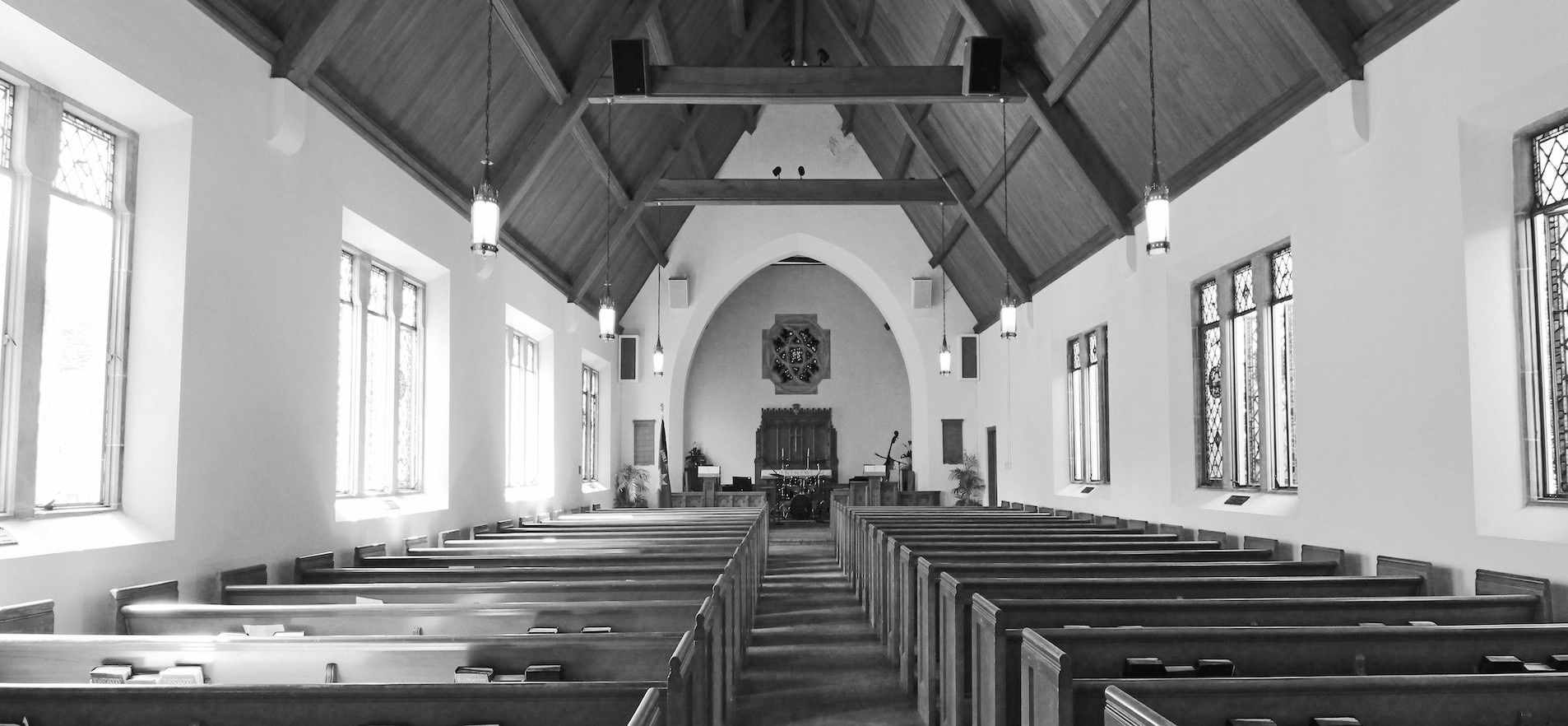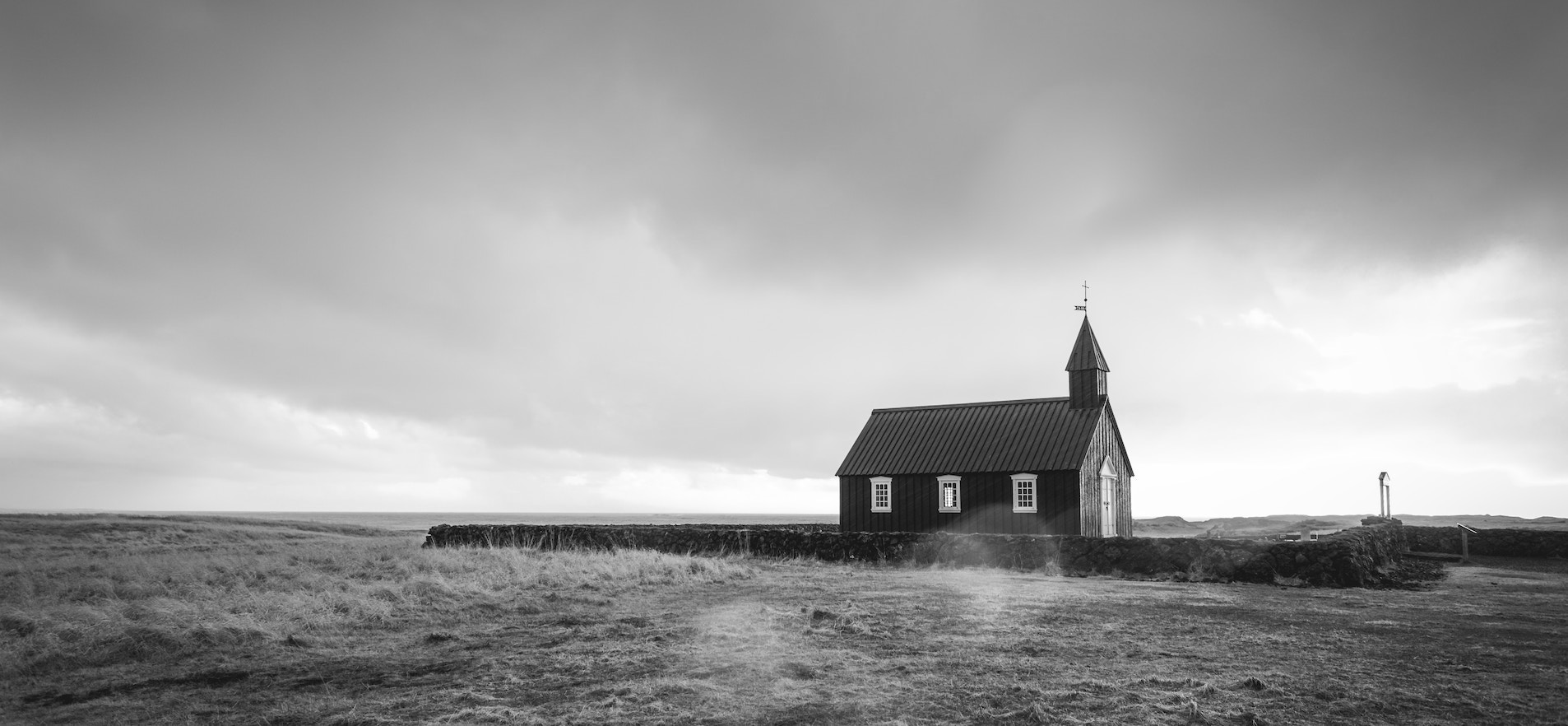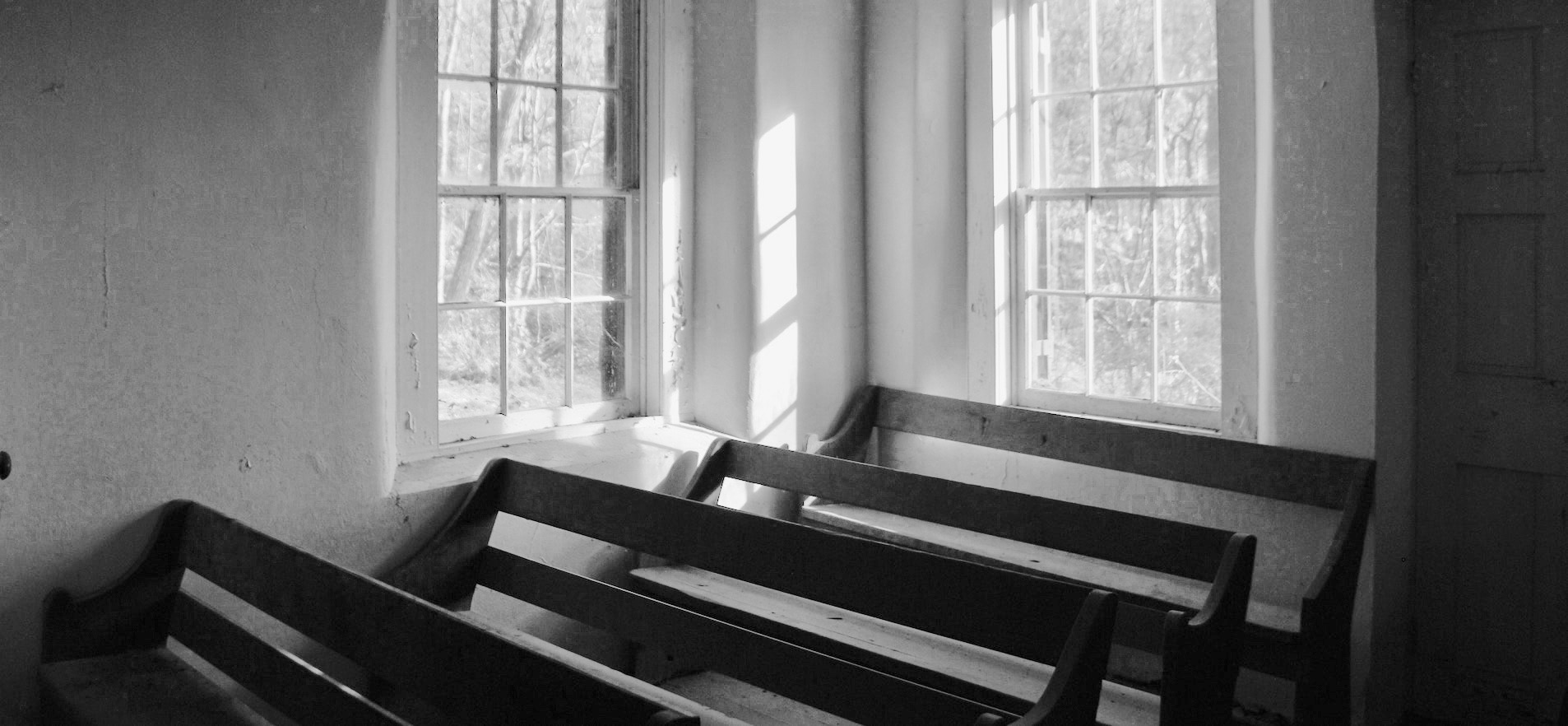Episode 097: Leadership During Turbulent Times: An Interview with Dr. Ben Witherington
In this episode we sit down with New Testament scholar Dr. Ben Witherington to talk about church leadership during turbulent times.

Be sure to subscribe to our YouTube Channel and follow us on Instagram, Facebook and Twitter to stay connected with us throughout the week!
My parents were devout Christians and raised me in church… I was there every week and those people really shaped me… and I had some wonderful pastors along the way who were a big encouragement to me…
As I got older, there were a couple years where I didn’t really attend church… the churches seemed very formal… so I wandered until the Lord called me back through some friends into InterVarsity… that did me a world of good during a very turbulent time…
One of the things that is clear to me about right now is that when you have a crisis, you find out which people have a civic religion and which people have a genuine Christian religion… there is a sort of winnowing effect in a crisis, and you find out where people really place their trust…
I think what I want to say to pastors right now is that they need to take half-baked Christians and put them back in the oven… you don’t get to wear the big ‘C’ on your forehead if *this* is what you think about race, disease, etc…
We have a teaching moment right now, an opportunity to raise the level of biblical spirituality and sanctification, because people are struggling… we learn more from trial and tribulation than we do from other times, so: carpe diem—seize the day and let people know how Christians are supposed to behave…
We need more solid, meaty biblical preaching and teaching that’s bringing the text to bear on the situation at hand… a good preacher knows how to do this… I’m not talking about speaking to the issue du jour, but giving people the tools to fight off sub-Christianity…
It is time for us to redouble our efforts to make sure our ministers are well-equipped to equip the saints for the works of ministry…
With fallen human beings, sins like the sin of racism don’t go away; they keep resurfacing… we need to look to genuinely people like (civil rights leader) John Lewis who lived his faith out in day to day life… to Christians who will call us to action…
To the pastors of today I want to say: you are a long way from being finished… read 1 Kings 18 and 19: now is no time to give up; now is the time to redouble your efforts…






